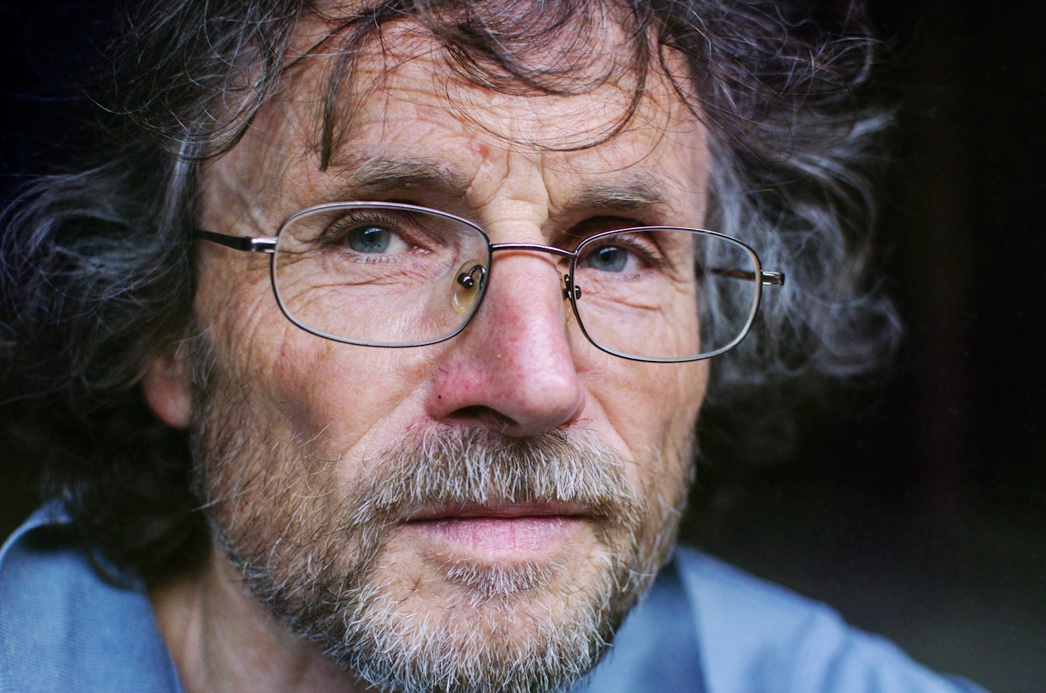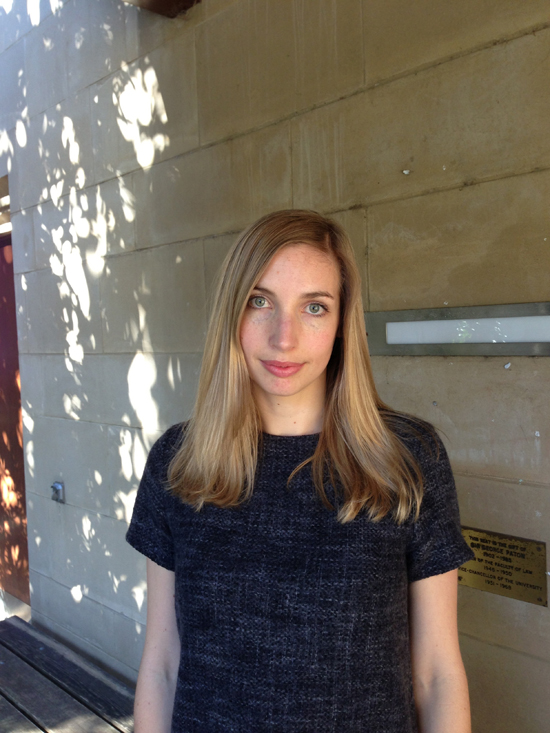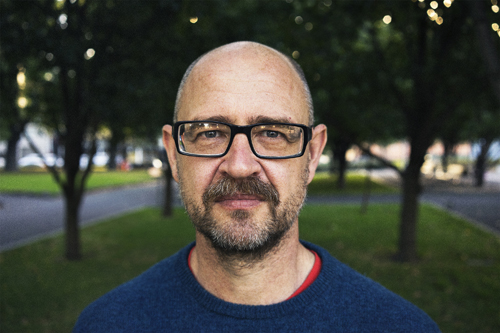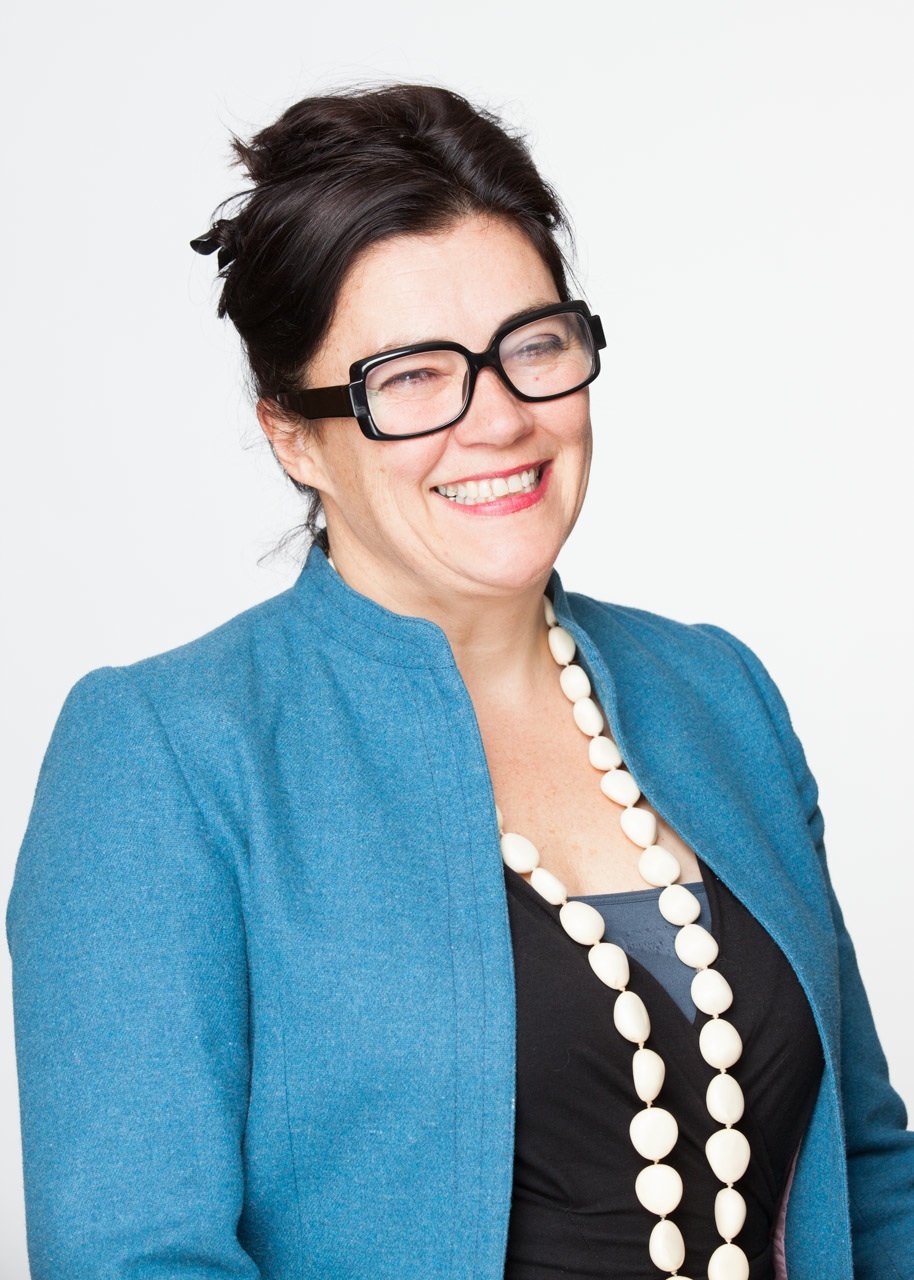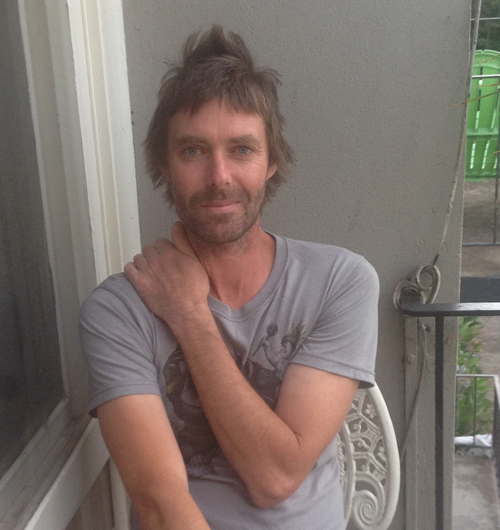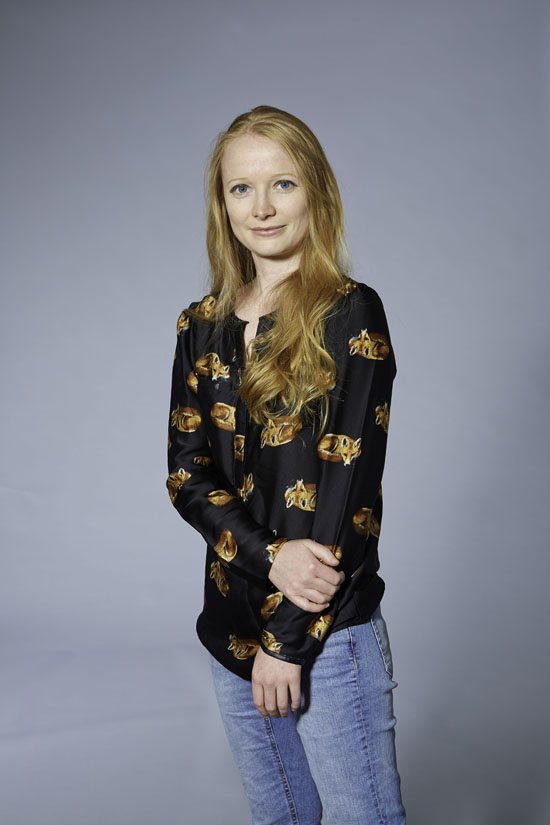- Free Article: Yes
- Contents Category: States of Poetry - Introduction
- Custom Article Title: States of Poetry 2016 - Victoria | State Editor's Introduction by David McCooey
Melbourne is home to numerous poetic institutions, including Australian Poetry Inc, Collected Works (Australia's best bookshop for poetry), and, of course, Australian Book Review. Among these institutions there are vibrant – if sometimes occult – print, audio-visual, and spoken-word scenes. Regional Victoria is far from eclipsed by the metropolitan centre. The Bellarine Peninsula, for instance, is home to numerous poets, including Barry Hill, Diane Fahey, and Anthony Lynch. Two of the poets included here – A. Frances Johnson and Cameron Lowe – are 'Bellarine poets'. Living in Geelong myself, I make no apologies for this regional bias. In putting together this anthology, I have focused largely on early- and mid-career poets whose poetics I find appealing. It is a poetics attracted to openness, energy, catholic interest, and wit.
Kevin Brophy – the most senior of the poets represented here, and a long-standing participant in poetic culture – writes poetry that is by turns plangent and comic. His work brings together a highly original, and rich, mix of the surreal, the lyrical, and the satirical. Jessica L. Wilkinson, one of the youngest poets represented here and the founding editor of Rabbit, a journal of 'non-fiction poetry', demonstrates that mode with an innovative suite of poems concerning the choreographer Nijinsky. One of the most intensely 'local' set of poems is from Amy Brown, a poet who was, in the first instance, 'foreign'. A New Zealander, Brown considers Melbourne with an eye that is both affectionate and critical, and she does so using a poetic language that is both delicate and authoritative. Possibly the 'coolest' of the poets, Cameron Lowe is also deeply interested in the everyday. However much other poets might be interested in quotidian particularity, Lowe's quotidian is all his own, both intensely 'felt' and intensely 'aesthetic' (from the Greek word meaning 'to feel'), undoing the supposed distinction between affect and aesthetic distance. Lowe is also attracted to an aesthetics of name-checking (something found in other contemporary Melbourne poets' work), referring without hierarchy to family members, friends, and poets (local and distant).
Proper nouns abound in the poetry of Michael Farrell, too, though his work is more explicitly 'experimental' (should such a term mean anything these days) and his comedy even more surreal or absurd. It is interesting that Farrell has been charged by some as being 'unduly' obscure, since – as the poems included here illustrate – his work is richly playful and steeped in antecedents of various kinds. Farrell's work is notable in part for the way it 'queers' classic (or reactionary) Australian tropes and myths. Perhaps this is what makes Farrell such a necessary irritant in Australian poetic culture.
Farrell's queering of Australian tropes is inherently a political act. While such an aesthetics is far from 'protest poetry' (a category that many literary poets would see as potentially facile and politically naïve), there is no doubt that recent years have seen something of a 'political turn' in Victorian, and Australian, poetry generally. Many poets have been galvanised, if not radicalised, by the actions of the federal government. Political satirists such as Charlie Pickering or the cartoonist First Dog on the Moon have the medium and audience to publicly intervene in the tragedy and farce that is political life in contemporary Australia, but poets are also engaging with the torsions of national politics, albeit often in complex and tangential ways, as Brophy's 'Before I Speak' illustrates. Indeed, one might say that such a 'tangential poetics' is in fact a necessary addition to a public discourse so otherwise debased.
The continuity between poetry and politics, anger and artfulness, is eloquently seen in the work of A. Frances Johnson. She – like Lowe – shows that being a 'Bellarine poet' does not simply mean attending to the bourgeois blandishments of coastal life. One of Johnson's key strategies is to imagine and recontextualise Victoria's largely repressed histories. Her 'Shrine', for instance, is one of the great poems on the frontier wars in colonial Australia. Just as First Dog on the Moon brings about his powerful effects through the marrying of political rage and cartoon comedy, so Johnson produces her powerful effects by marrying political rage with lyrical intensity and wit.
The six poets collected here are not 'representative' in a demographic sense, but they do illustrate the variety and vitality of poetry in Victoria. They bring together the Magic Pudding, Frida Kahlo's face, and Tunnerminnerwait.


